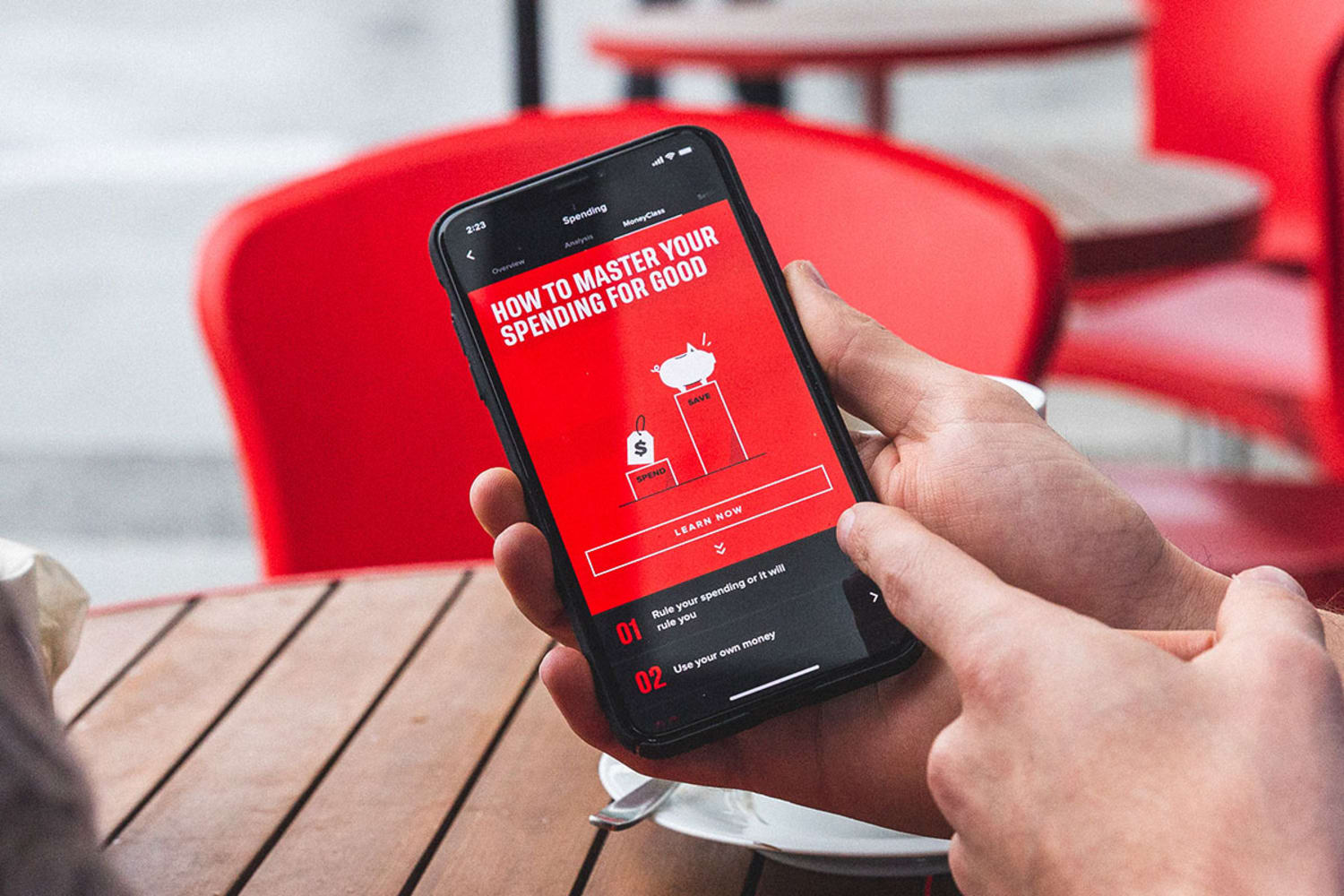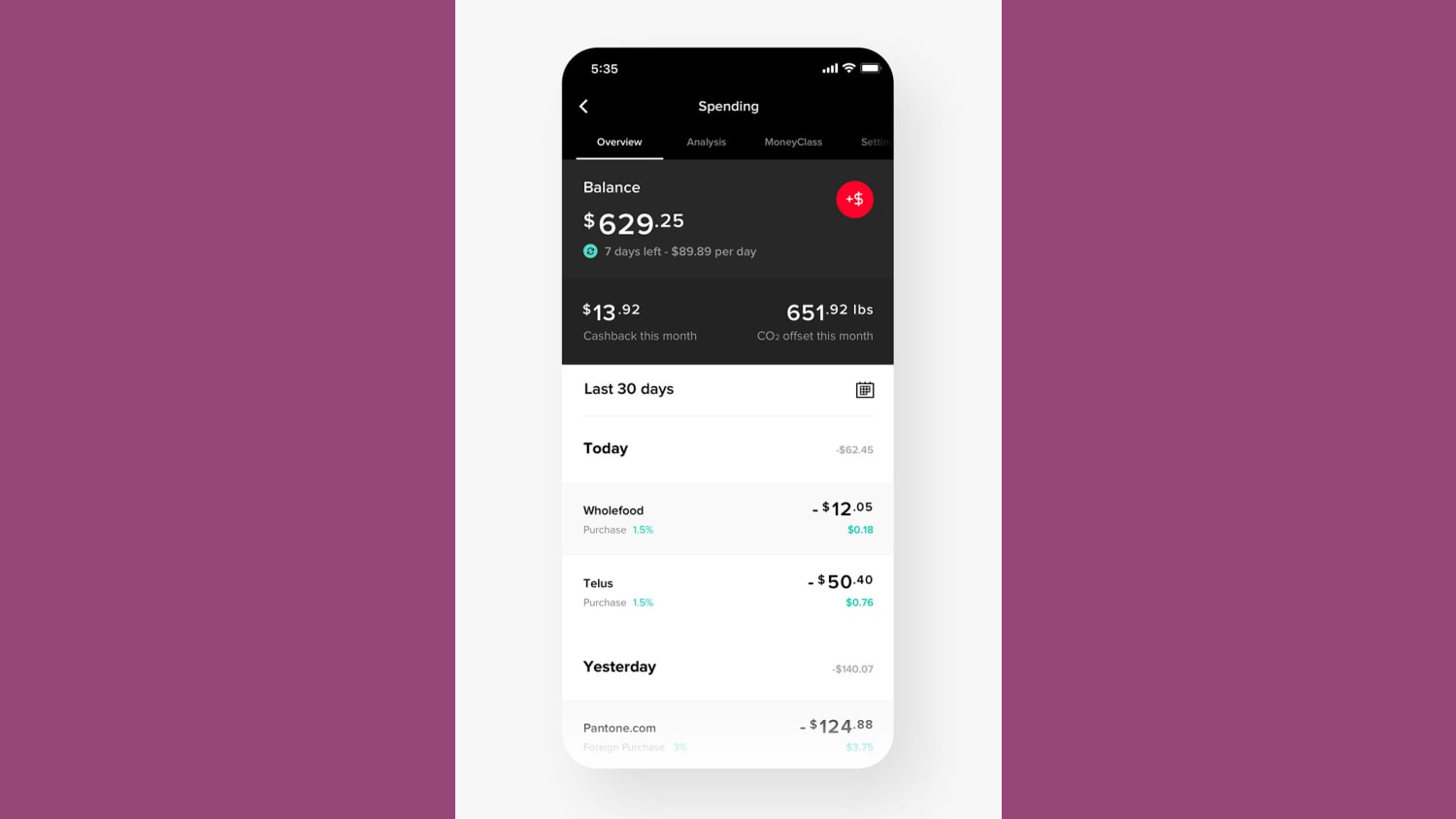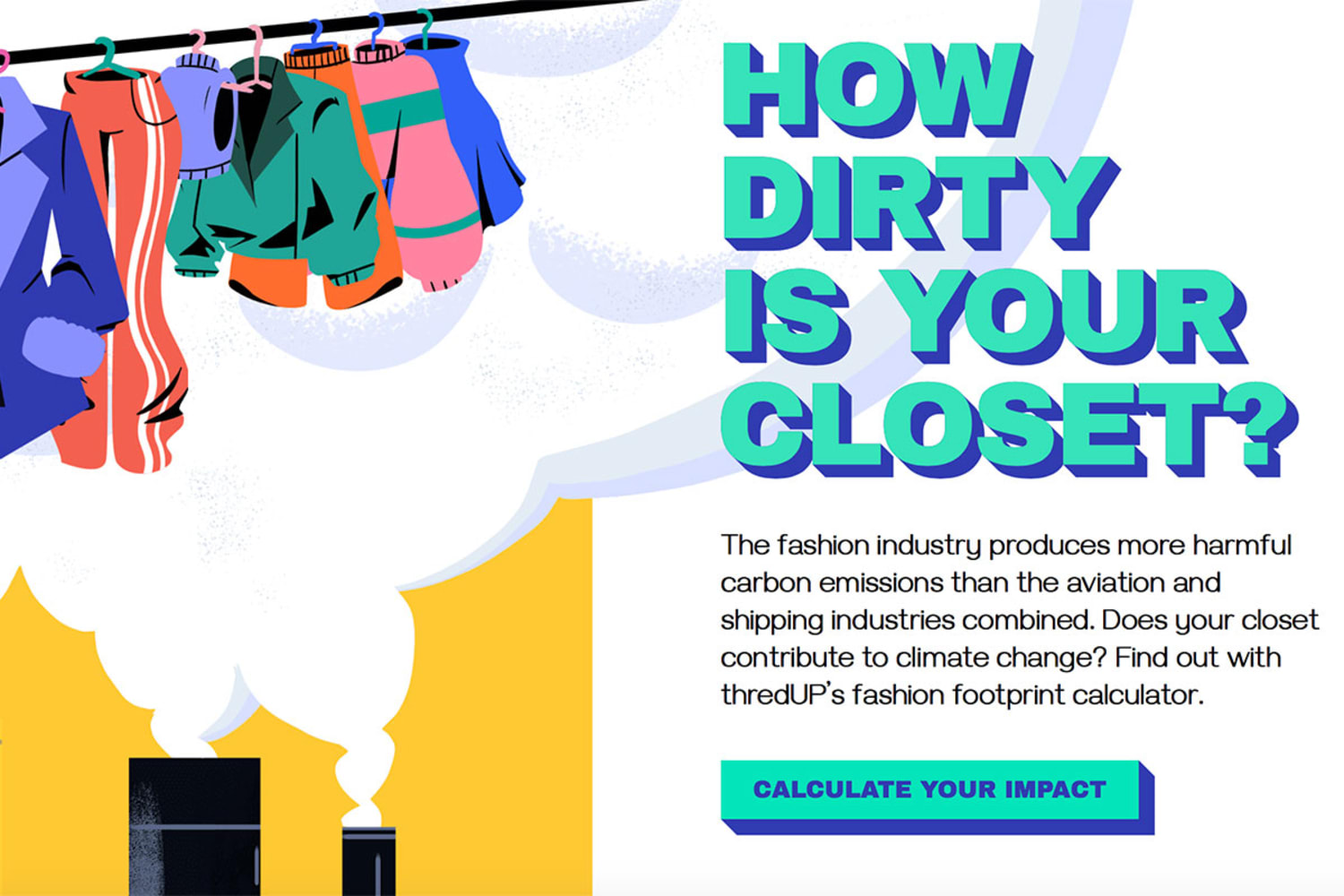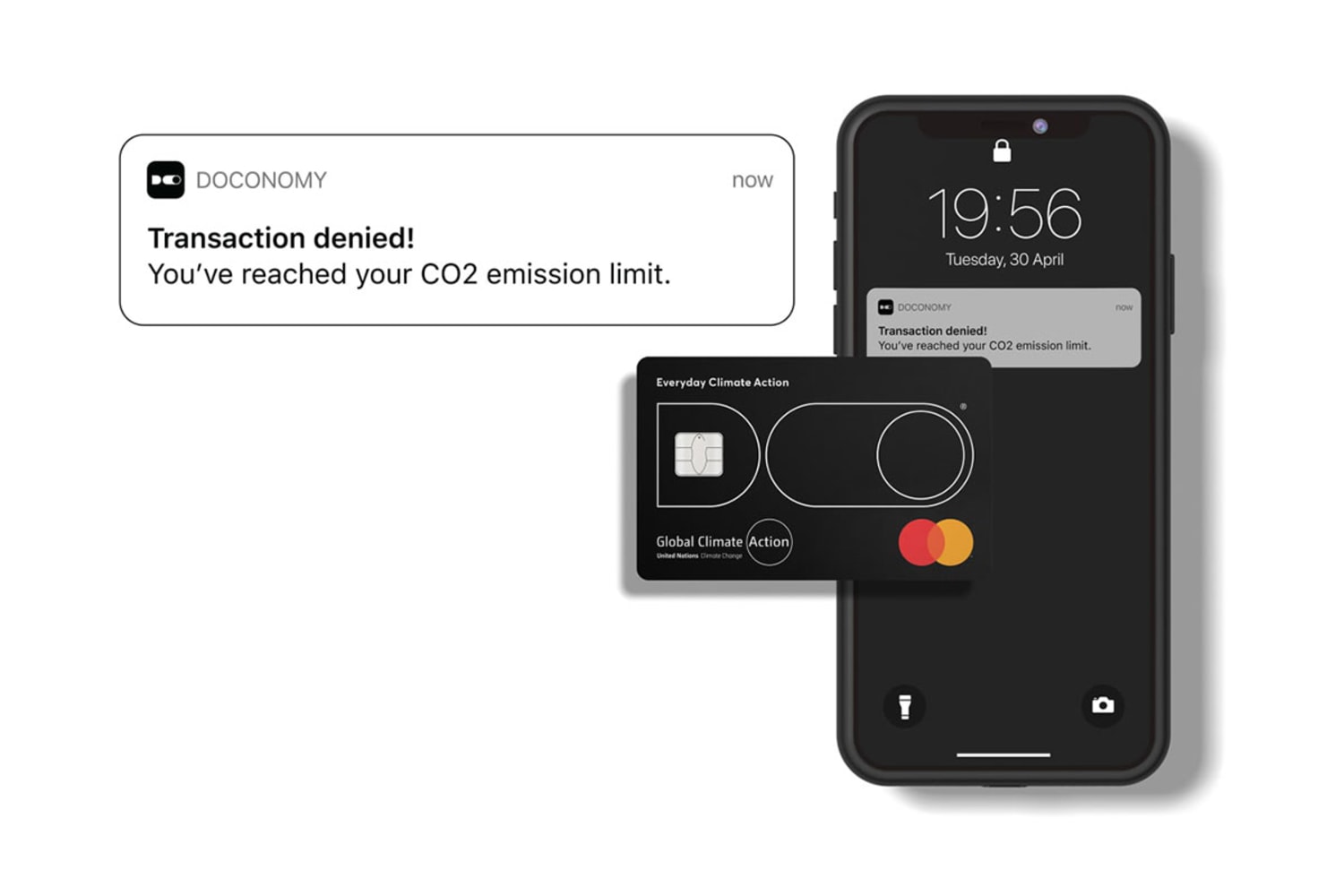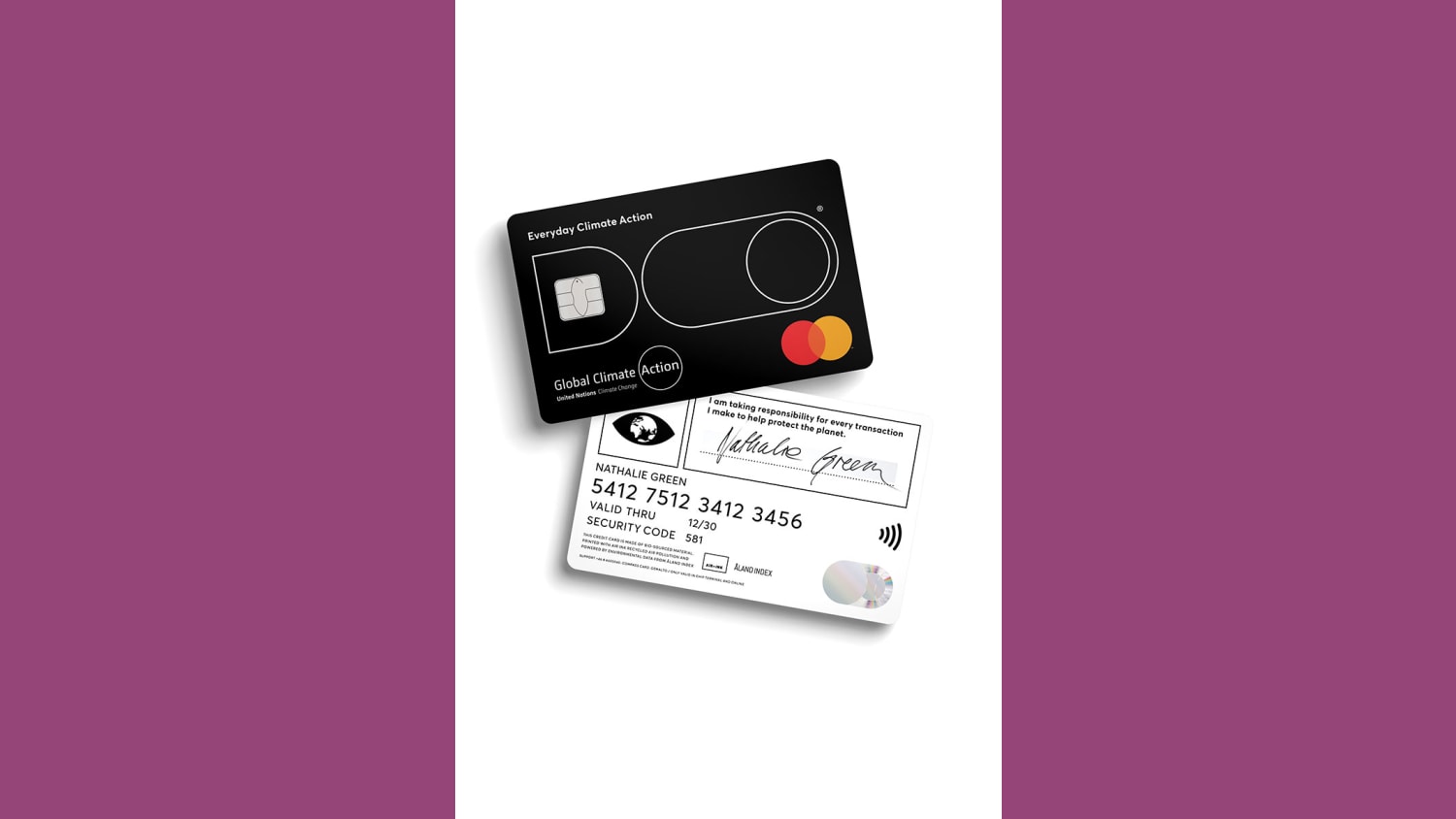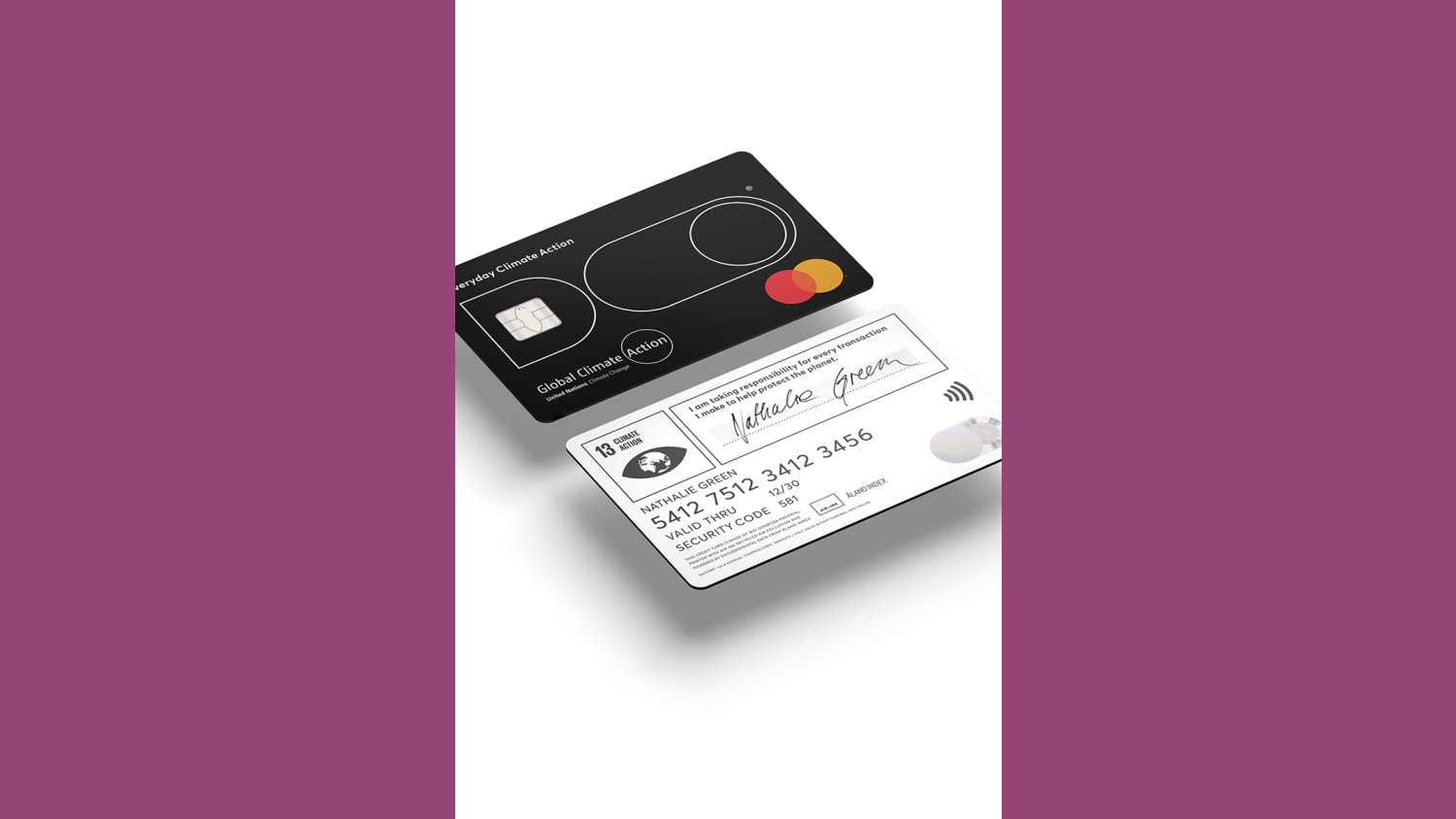When it comes to thinking about the health of the planet, most consumers feel an overwhelming sense of worry and paralysis, unsure if the small steps they take will even make a difference. After all, their consumption has partially contributed to the climate crisis.
Across the world, consumers say they want to live more sustainably and do less harm to the planet. In Wunderman Thompson’s “New Sustainability: Regeneration” report, 79% of consumers surveyed in China, Australia, the United States and the United Kingdom by SONAR™ say they are increasingly conscious of their personal impact on the planet, and 83% say they would always pick the brand with a better sustainability record. But acting on that desire can be difficult—86% say there’s not enough information on products to make that assessment.
Now a clutch of businesses, from finance to food to retail, is coming up with tools to make it easier for consumers to consistently watch their carbon footprint.

